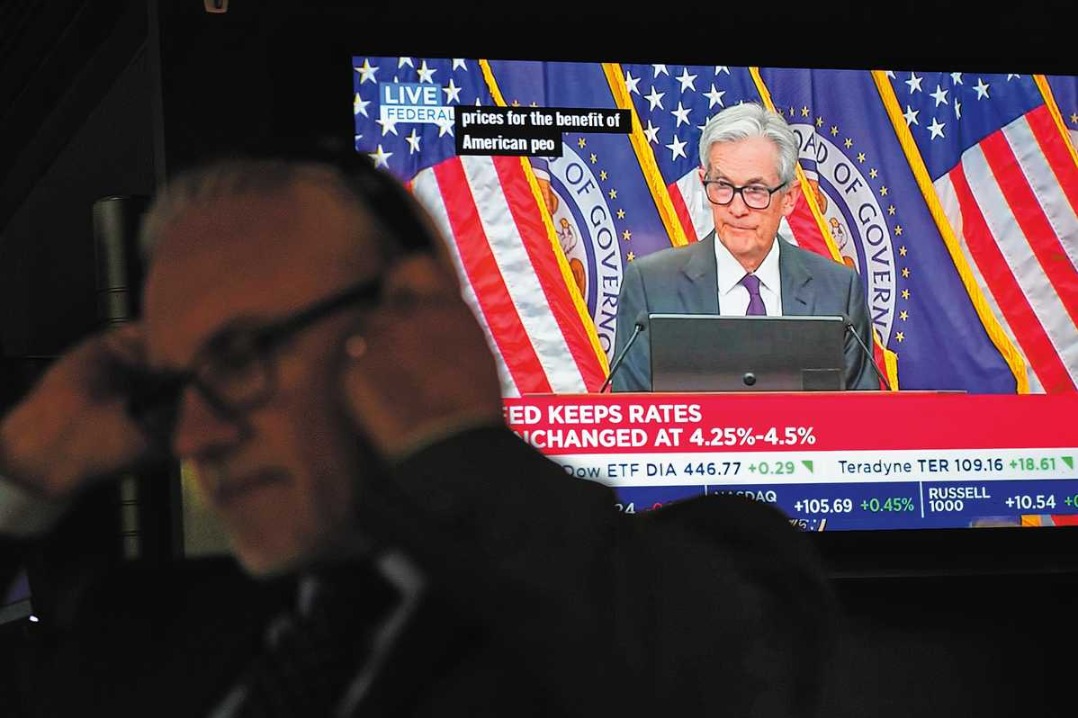Europe calling time on twice-a-year clock change

In recent years, critics of the biannual tweaking have pointed to negative health impacts brought about by disruption to sleep patterns, and the EU has admitted that the amount of energy being saved because of the use of daylight saving time is marginal. The bloc also noted that its member nations now trade widely with nations that do not change their clocks twice a year, including China, Russia, and Turkey.
After daylight saving time is scrapped, EU nations will each have to choose between remaining permanently on either "summer time"or "winter time".
British people have a long tradition of changing their clocks twice a year that started in 1916 with an act of Parliament aimed at helping early-risers, including farmers and builders, make the most of the working day while saving energy used for lighting by ensuring more daylight was available later in the day.
In Britain, which is in the process of leaving the EU, some politicians have reacted to the end of daylight saving time with dismay, saying the decision is an example of EU meddling.
John Flack, a Conservative Party MEP who represents people in the largely rural East of England region, told the Guardian newspaper farmers like things the way they are.
"We've long been aware the EU wants too much control over our lives – now they want to control time itself," he told the paper. "You would think they had other things to worry about."
The European Commission set the wheels in motion to scrap daylight saving time after quizzing Europeans and finding 84 percent of the 4.6 million people who participated in the survey wanted to ditch it. The BBC said a petition in Finland against daylight saving time also contributed to the move after garnering 70,000 signatures.
European Commission President Jean-Claude Juncker said: "There is no applause when EU law dictates that Europeans have to change the clocks twice a year. Clock-changing must stop. Member states should themselves decide whether their citizens live in summer or winter time."
































